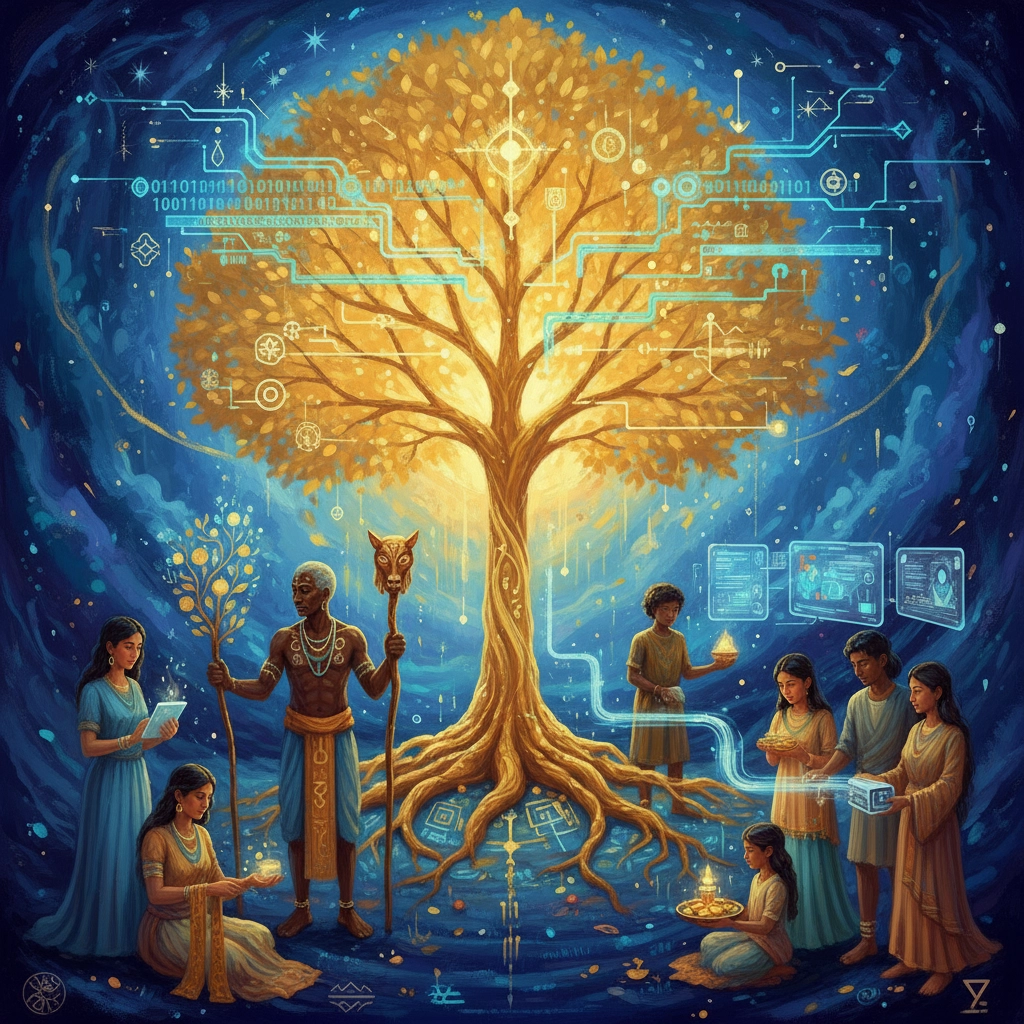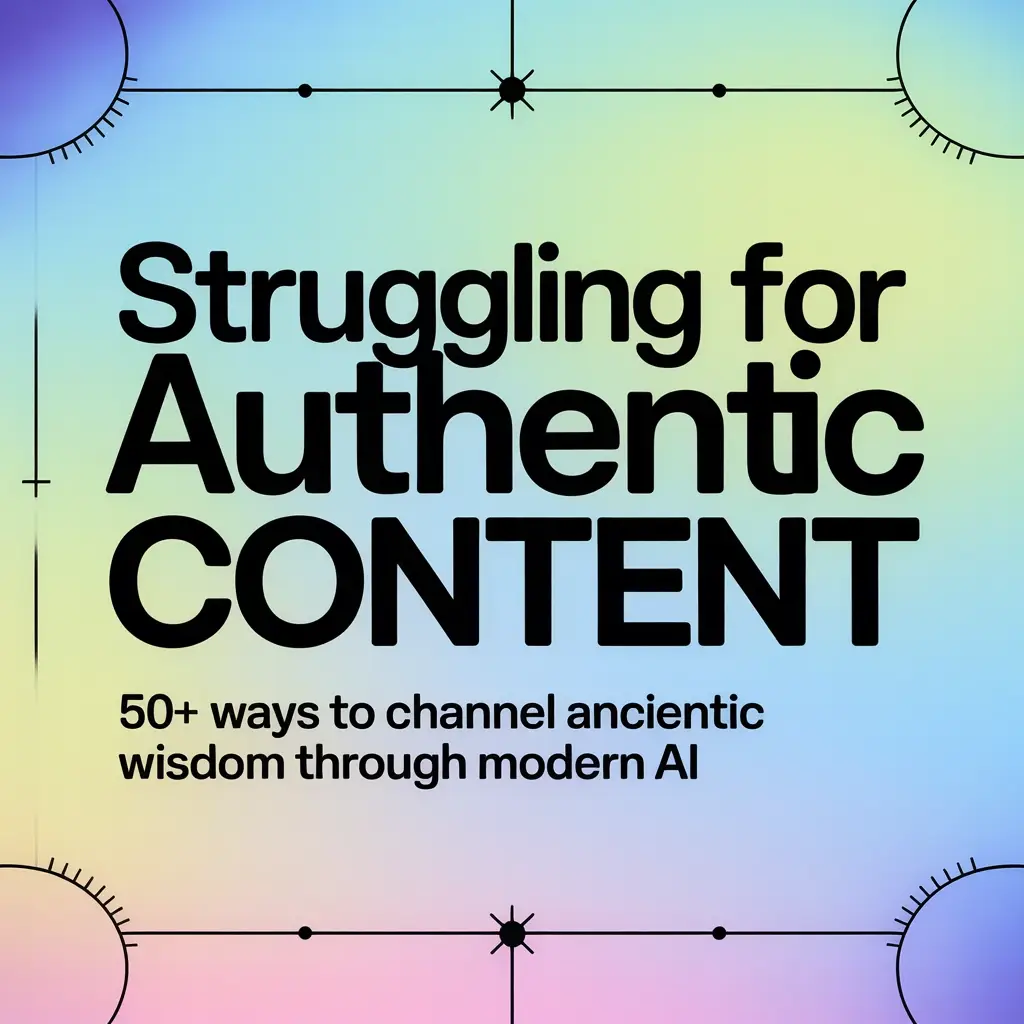AI agents are replacing human representatives across industries. Customer service chatbots handle inquiries. Virtual assistants schedule appointments. Social media algorithms respond to comments. This shift raises questions about brand authenticity and customer connection.
The answer depends on implementation strategy. AI agents can amplify human touch when used correctly. They can also eliminate it entirely when used poorly.
The Current State of AI Brand Representatives
AI agents now perform tasks previously handled by humans. They answer questions, process orders, and provide support around the clock. These systems adapt to customer interactions using brand voice and values.

Data shows the scope of this change. Over 82% of customers expect replies within 10 minutes. More than 50% of searches happen outside business hours. Meanwhile, 58% of email inquiries in North America go unanswered.
AI fills these gaps. It provides immediate responses when human agents are unavailable. It handles routine queries that consume significant human time. It scales customer interactions beyond human capacity limits.
What AI Agents Handle Well
AI excels at specific tasks. These systems provide consistent responses based on training data. They operate continuously without breaks or schedule limitations. They process large volumes of routine inquiries efficiently.
Technical support benefits from AI agents. These systems access product databases instantly. They troubleshoot common issues using decision trees. They escalate complex problems to human agents when needed.
Order processing works well with AI automation. Systems can check inventory, process payments, and schedule deliveries. They update customers on order status without human intervention. They handle modifications and cancellations according to preset rules.
Information delivery suits AI capabilities. Agents provide product specifications, pricing, and availability instantly. They answer frequently asked questions consistently. They direct customers to relevant resources and documentation.
What Human Representatives Provide
Human agents excel in different areas. They handle complex emotional situations requiring empathy. They build relationships through personal connection. They solve problems creatively using contextual understanding.

Trust building relies on human interaction. Customers develop confidence through personal relationships. They appreciate authentic responses to unique situations. They value representatives who understand their specific context and needs.
Complex problem solving requires human judgment. Representatives analyze unusual situations that fall outside standard procedures. They make exceptions based on customer history and circumstances. They coordinate with multiple departments to resolve intricate issues.
Emotional support depends on human connection. Representatives provide reassurance during difficult situations. They show understanding when customers express frustration. They celebrate positive experiences and milestones with genuine enthusiasm.
The Risk of Losing Human Touch
Brands face several risks when implementing AI agents. Over-automation can create sterile customer experiences. Customers may feel like numbers rather than individuals. Brand personality can disappear behind algorithmic responses.
Generic interactions reduce brand differentiation. AI systems often provide similar experiences across different companies. Unique brand voices become homogenized through standard training approaches. Customer loyalty decreases when brands feel interchangeable.

Lost context creates frustration. AI agents may not understand customer history or previous interactions. They repeat information already provided by other channels. They fail to recognize returning customers or their preferences.
Reduced empathy impacts customer satisfaction. AI cannot genuinely understand human emotions or circumstances. Responses may seem inappropriate for sensitive situations. Customers seek human validation that AI cannot provide.
Strategies for Maintaining Human Touch
Successful brands use hybrid approaches. They identify which interactions benefit from AI automation. They preserve human involvement where emotional intelligence matters. They design seamless handoffs between AI and human agents.
Define clear boundaries for AI usage. Routine inquiries and information requests work well with automation. Complex complaints and sensitive situations require human handling. Technical troubleshooting can start with AI and escalate to humans when needed.

Maintain brand personality in AI interactions. Train systems using actual brand language and tone. Include company-specific phrases and communication styles. Update training regularly to reflect brand evolution and customer feedback.
Provide context continuity between channels. Ensure AI agents access complete customer interaction history. Enable smooth transitions when escalating to human representatives. Avoid forcing customers to repeat information across touchpoints.
Monitor customer satisfaction across all interaction types. Track metrics for both AI and human-handled inquiries. Identify patterns in escalation requests and customer feedback. Adjust automation boundaries based on performance data.
Implementation Best Practices
Start with low-stakes interactions when introducing AI agents. Test systems with simple queries before expanding scope. Monitor performance closely during initial deployment phases. Gather customer feedback about their experience preferences.
Train human representatives to work effectively with AI systems. Teach them to leverage AI-gathered information efficiently. Help them understand when to override AI recommendations. Ensure they can provide seamless continuation of AI-initiated conversations.
Design AI personalities that reflect brand values. Create response patterns that match company culture. Include appropriate humor, formality levels, and communication styles. Test personality consistency across different interaction scenarios.

Establish clear escalation triggers. Define specific situations that require human intervention. Create simple processes for customers to request human representatives. Ensure AI agents recognize when they've reached their capability limits.
The Future of Brand Representation
AI capabilities continue expanding. Natural language processing improves response quality. Machine learning enables better context understanding. Integration with customer data creates more personalized interactions.
Human roles will evolve rather than disappear. Representatives will handle higher-value interactions requiring creativity and empathy. They will oversee AI performance and make strategic decisions about automation boundaries. They will focus on relationship building and complex problem solving.
Successful brands will find optimal balance points. They will use AI to enhance human capabilities rather than replace them entirely. They will maintain authentic brand voices while improving operational efficiency. They will deliver personalized experiences at scale without losing individual attention.
The question isn't whether AI agents eliminate human touch. The question is whether brands implement AI thoughtfully to amplify their human qualities while improving customer service capabilities. Companies that achieve this balance will differentiate themselves through superior customer experiences that combine efficiency with genuine care.
Human touch remains essential for brand success. AI agents can deliver it more consistently and effectively when properly implemented. The future belongs to brands that use technology to strengthen rather than weaken their human connections.



